-
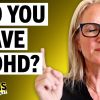 +25 +2
+25 +2The TRUTH About ADHD in Adults | The Mel Robbins Podcast
-
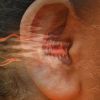 +26 +5
+26 +5We Used to Think Everybody Heard a Voice Inside Their Heads – But We Were Wrong
Only in recent years have scientists found that not everyone has the sense of an inner voice – and a new study sheds some light on how living without an internal monologue affects how language is processed in the brain.
-
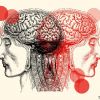 +34 +3
+34 +3Many mental-health conditions have bodily triggers
Psychiatrists are at long last starting to connect the dots
-
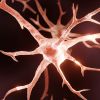 +28 +6
+28 +6Keto Diet May Slow Down Alzheimer's, Mouse Study Reveals
We know that a host of factors play into Alzheimer's risk, including the makeup of our gut bacteria.
-
 +31 +5
+31 +5Stanford Keto Study is Revolutionizing Mental Health
-
 +30 +7
+30 +7Landmark Study Confirms Chronic Fatigue Syndrome Is 'Unambiguously Biological'
In 2016, years before long COVID was a thing, the US National Institutes of Health, the largest single public funder of medical research in the world, launched a study into a long-neglected and puzzling condition: chronic fatigue syndrome (CFS), also...
-
 +26 +4
+26 +4Golf, and other men's hobbies, drive a 300% increase in ALS risk
Men who engage in recreational activities such as golf, gardening and woodworking are at higher risk of developing ALS, an incurable progressive nervous system disease, a study has found. The findings add to mounting evidence suggesting a link between ALS and exposure to environmental toxins.
-
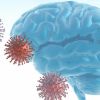 +30 +3
+30 +3Mounting research shows that COVID-19 leaves its mark on the brain, including with significant drops in IQ scores
Two new high-profile studies add to the increasingly worrisome picture of how even mild cases of COVID-19 can have detrimental effects on brain health.
-
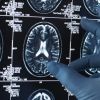 +33 +3
+33 +3Long COVID Seems to Be a Brain Injury, Scientists Discover
Some form of brain injury could be behind the symptoms reported by those with long COVID, according to a new study, and adapting tests and treatments to match could aid progress in tackling the condition.
-
 +33 +3
+33 +3Writing things down may help you remember information more than typing
Writing words down increases connectivity linked to memory and learning between different areas of the brain, with the same not being true when things are typed out on a computer
-
 +1 +1
+1 +1AARP Games: 7 Most Popular Games Revealed
Hello gamers, did you hear about AARP games? If yes, you already know how beautiful is the game collection. Those who are still unaware of AARP games, continue reading till...
-
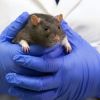 +22 +2
+22 +2Rats have an imagination, too, researchers show with brain implants
Rats think of objects and places that are not directly in front of them, a key requirement for remembering the past and imagining the future.
-
 +29 +5
+29 +5Wasabi, beloved on sushi, linked to "really substantial" boost in memory, Japanese study finds
A researcher behind a study of wasabi's effect on cognition says he knew the fiery condiment had health benefits, but "the dramatic change" in memory was a surprise.
-
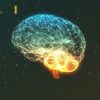 +33 +6
+33 +6Could you move from your biological body to a computer? An expert explains ‘mind uploading’
The feasibility of mind uploading rests on three core assumptions. How plausible is each one, really?
-
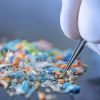 +37 +7
+37 +7Ubiquitous nanoplastics found to cause Parkinson’s disease
New research is finding that nanoplastics aggregate in the brain causing certain forms of dementia.
-
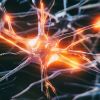 +30 +4
+30 +4World's Leading Theory on Alzheimer's in Crisis After Major Drug Trials Fail
These drugs significantly reduce the amount of amyloid beta in the brain as intended, but this did not translate into improvements in cognitive function.
-
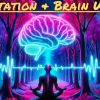 +45 +12
+45 +12The Brain Waves of Meditation: What Do They Mean?
-
 +45 +11
+45 +11Neuralink competitor Precision Neuroscience buys factory to build its brain implants
Precision Neuroscience acquired a manufacturing facility that can produce the key component of its brain implant.
-
 +49 +6
+49 +6How thinking in a foreign language improves decision-making
Research shows people who speak another language are more utilitarian and flexible, less risk-averse and egotistical, and better able to cope with traumatic memories
-
 +22 +4
+22 +4Scratching Itchy Skin Causes Brain To Release Hormone Serotonin, Intensifies Itchy Sensation
While a good scratch may temporarily relieve you of your itch, it actually stimulates serotonin in the brain that intensifies the itchy feeling.
Submit a link
Start a discussion




















